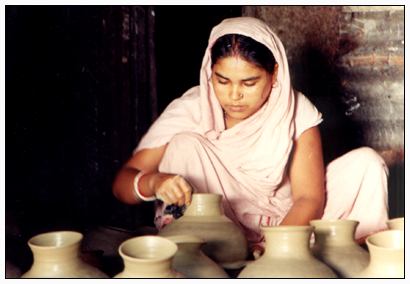|
The
Blessings of a Woman : By
Shabnam Nadiya
Simi
Banu's Suicide and Some Thoughts: By
Lopa Tasneem
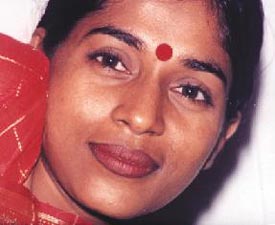 |
There appears to be a negative
feeling pervading this country these days.
There's no improvement in the law and order
situation, every other day we get to hear of
different and new types of atrocities visited
upon religious minorities (as if the
perpetrators have entered some macabre contest),
the regular wave of rapes, dowry killings and
acid throwing.. .(Read
more) |
Taslima's Border : By
Lopa Tasneem
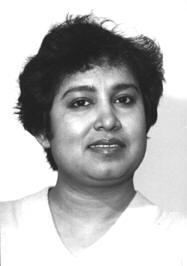 |
I will start with an observation
that I made in a social gathering a few years
ago to make my point in this article. After a
traditional Bangladeshi dinner and dessert, all
the female guests gathered in a room next to the
kitchen to chat. There were three women there,
in their 30s – all married and mothers of two
kids. The topics were kids, husbands, jewelry
and sari. At one point, I just got curious to
find out more about the women and asked them
about their childhood. Strangely enough they
shared some common past. All of them got married
at the age of 18/19 against their will, .. .(Read
more) |
Feminism :
by Gloria Steinem
 |
Gloria Steinem writes: A
white minority of the world has spent centuries
conning us into thinking that a white skin makes
people superior – even though the only thing
it really does is make them more subject to
ultra violet rays and wrinkles. Male human
beings have built whole cultures around the idea
that penis envy is ‘natural’ to women –
though having such an unprotected organ might be
said to make men vulnerable and the power to
give birth makes womb-envy at least as logical.
.. .(Read
more) |
Reclaiming
Hijab or Declining Freedom?: By
Lopa Hassan
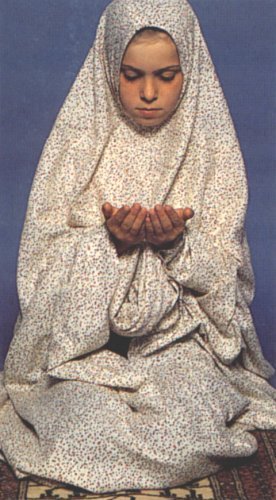 |
From head-to-toe Burqa to long
cloak-Chador to black silky Hijab- each of these
attires has become one of the most visible
instruments and ideological symbols of political
Islam for the last few decades. A number of
great articles have already been written in this
website on the background and history of veils
and on how Islam justified them to be the strict
dress code for women. In this article I would
like to focus on the ongoing controversies over
the justification of wearing hijab in a modern
perspective and also see how some
western-educated young Muslim women are
internalizing the antiquated view of their own
status imposed by an inherently misogynistic
religion......(Read
more) |
Statistics
on violence against Women in the States: by
Rafida Ahmed Bonna
and Sherry Holmes
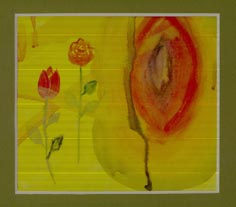 |
Here is some data on violence
against woman in the USA (copied from National
Organization of Women website; www.now.org) .
They might want to work on a massive house
cleaning before Uncle Sam and Co. open their
mouth about the rest of the world on this issue:
. .. .(Read
more) |
A
long Wait to Misery
- By M.Y. Khan
(Fwd by Rahul Gupta)
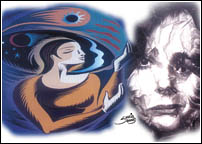 |
Her's was the typical story of
an educated girl. She was unmarried and for
years had been a burden on her widowed mother.
Finally, desperation came into play and her
mother placed an ad in the newspapers for a
perfect match. However, the reply that came, was
far from what the girl's mother expected... . .. .(Read
more) |
Begum Rokeya -- The Bengali Feminist-- Fwd
by Lopa Tasneem
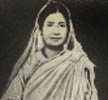 |
Rokeya Sakhawat Hossain was born
into a Bengali Muslim upper-class family in the
small village of Pairaband in the district of
Rangpur, north of present day Bangladesh, then a
part of the colonial British province of Bengal
Presidency.. . .. .(Read
more) |

Biography of martyred Meena:
forwarded by
Sultana Begum
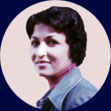 |
MEENA (1957-1987) was born in
Kabul. During her school days, students in Kabul
and other Afghan cities were deeply engaged in
social activism and rising mass movements. She
left the university to devote herself as a
social activist to organizing and educating
women.
. .. .(Read
more) |
The
poems that changed my life :
by
Shabnam Nadiya
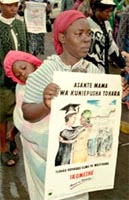 |
The following is a translation
of the poem "With No Immediate Cause"
by Ntozake Shange, the African-Americal poet,
performer and playwright. She was born Paulette
Williams. The Zulu name Ntozake Shange is an
statement of her anger at the double dilemma of
being a black woman in America. The name Ntozake
Shange means "She Who Comes With Her Own
Things"/ "She Who Walks Like a
Lion". The first time I read this poem, I
was about fifteen or sixteen..
.. .(Read
more) |
A
reply to the Poem by Ntozake Shange: by
Sherry Holmes
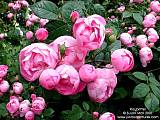 |
I choose not to give any details
but as a child I was sexually abused for many
years. (not by my father. I have to say that
because everyone assumes it and he is a good
man.) I struggled with issues of hatred and self
loathing for many years and I failed out of
college and married a man who had no respect for
me.
. .. .(Read
more) |
My
Body, My Shame ?!: by
Snigdha
 |
It was a rainy afternoon, and
she was walking fast. She was looking for a
rickshaw to return home before it started
pouring heavily. And just when she thanked her
stars for finding one, for the millionth time
the comment flew towards her .(Read
more) |
The
Universality of Women’s Rights and Post -
modernism: By
Azam kamguian
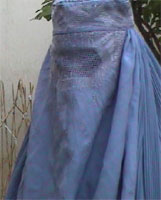 |
Until the mid-1970s, women’s
rights concepts were not considered as
culturally specific and were not divided into
eastern or western, rather they were seen as
something universal, and secularism and the
separation of religion from the state were seen
as pre-conditions for women’s liberation.In
the mid-1970s, the idea of cultural Imperialism
became a dominant discourse amongst nationalist/
anti-imperialist intellectuals and political and
cultural circles in the west.....(Read
more) |
Women's Right Movement in Bangladesh (in Bangla): by
Audity Falguni [off-site
article]
|













